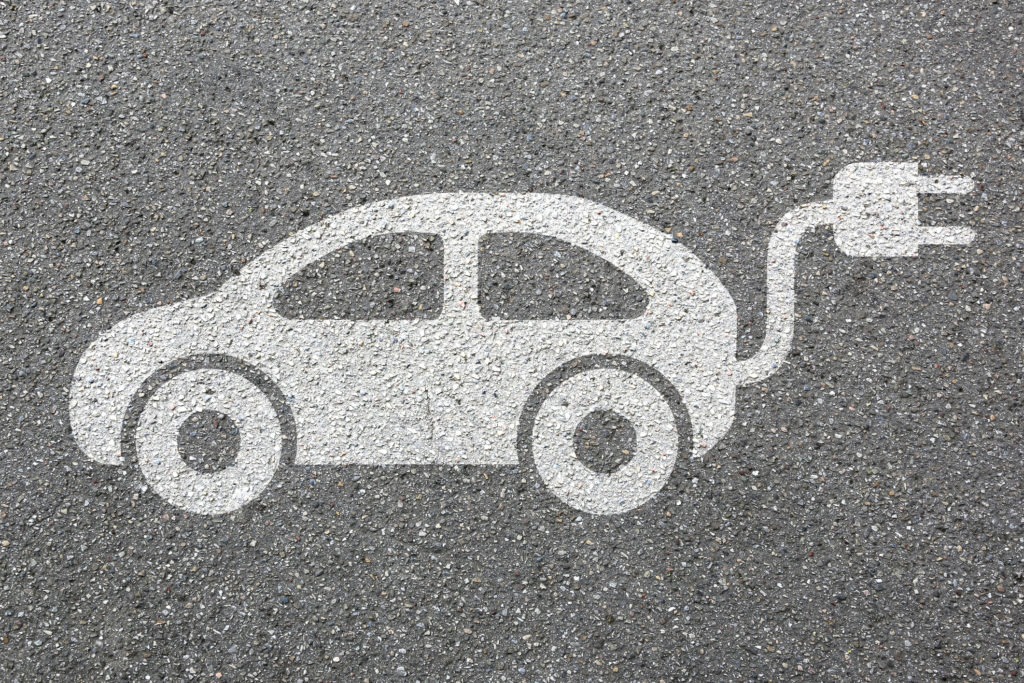Battery materials could push manufacturers to new limits in the race to secure supply
21 February 2018

21 February 2018
As manufacturers rush to develop electric vehicles, the issue of material supply is a challenge that companies need to overcome, especially in battery building.
The materials that make up lithium-ion batteries have often been mined in smaller quantities, as devices that use them are often smaller and need less power. However, the batteries required for electric vehicles (EVs) are larger and more complex, meaning mines are having to adapt and quantities are increasing.
German carmaker BMW is currently in the process of concluding long-term supply contracts for lithium and cobalt, two crucial materials. ′The goal is to secure the flow of materials to the mine, and that for the next ten years,’ said purchasing director Markus Duesmann told the Frankfurter Allgemeine Zeitung. ′The contracts are ready for signing.’
However, BMW is the only German manufacturer that has so far managed to develop long-term contracts for the supply of materials. Volkswagen (VW), which is planning a large assault on the EV market, has yet to sign any deals, despite negotiating with suppliers, while Daimler has made no public statements as to its own materials supply.
The need for long-term supply contracts is to stave off expected price increases. As demand rises, mines will no doubt increase the price of materials. In the past year, one ton of cobalt increased by 115%, while the price of lithium has risen by just under 58% in the same period. High prices could lead to materials shortages.
Another issue facing the industry is the issue of manufacturing these batteries. Tesla is one company that has seen issues, relying on external supply while its US gigafactory gets up to speed. However, lack of materials and production bottlenecks have held up the lines of the Model 3, causing the company to miss deadlines with its first mass-market model.
Unless manufacturers invest in their production means, or countries continue to invest in battery hubs, the power in the market will continue to belong to Asia, with Panasonic, LG Chem, Sony and Samsung currently holding 90% of the lithium-ion battery market. This in turn also leads to dictation on price. Therefore, competition is required. The increase in prices could stop EVs reaching price parity with conventional vehicles, something Nissan believes will happen by 2025.
One way to deal with the reliance on rare-earth materials is to develop away from it, something Toyota has done. The company has built a neodymium-reduced, heat-resistant magnet. Neodymium magnets are used in various types of motors such as the high-output motors found in electrified vehicles, use of which is expected to increase rapidly in the future. The new magnet uses significantly less neodymium and can be used in high-temperature conditions, with the company stating a 50% reduction in materials used.
These magnets can be used in electric motors for EVs, and with Toyota pushing their development, it gives the company a break in reliance on mining companies and allows it to develop its own price-chain.
Manufacturers will continue to develop their own strategies, which may include investing in their own mining companies to ensure supply at good cost. However, while environmentalists have been concerned over the supplies of the world’s oil, EVs could lead to shortages of other materials and minerals.